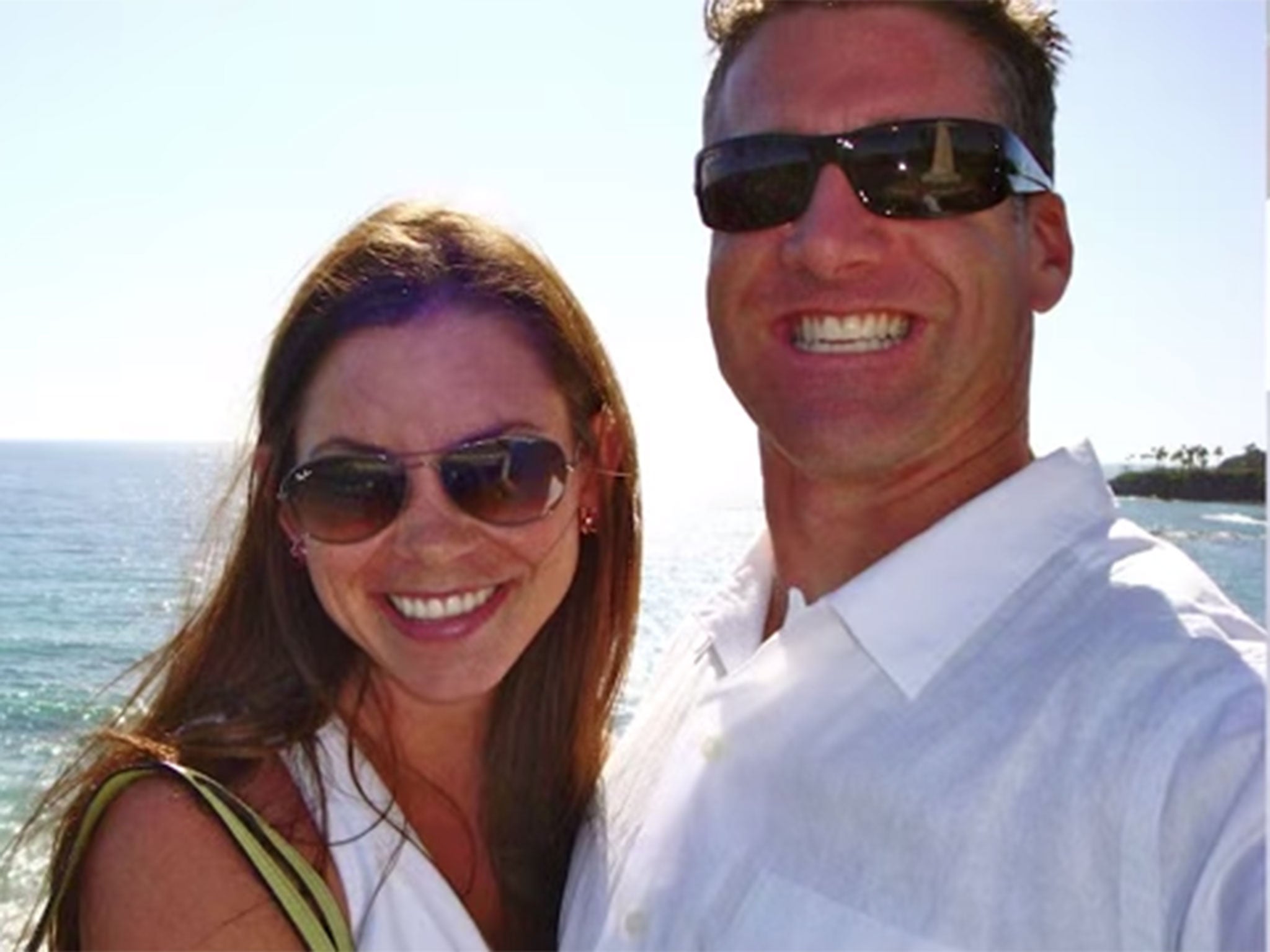Brittany Maynard explains why she's choosing to die on 1 November
The terminally ill 29-year-old was given six months to live after being diagnosed with stage four brain cancer

Your support helps us to tell the story
From reproductive rights to climate change to Big Tech, The Independent is on the ground when the story is developing. Whether it's investigating the financials of Elon Musk's pro-Trump PAC or producing our latest documentary, 'The A Word', which shines a light on the American women fighting for reproductive rights, we know how important it is to parse out the facts from the messaging.
At such a critical moment in US history, we need reporters on the ground. Your donation allows us to keep sending journalists to speak to both sides of the story.
The Independent is trusted by Americans across the entire political spectrum. And unlike many other quality news outlets, we choose not to lock Americans out of our reporting and analysis with paywalls. We believe quality journalism should be available to everyone, paid for by those who can afford it.
Your support makes all the difference.A young woman suffering from an aggressive brain tumour is planning to end her life on 1 November – as she spends the rest of her life campaigning for the right to “death with dignity”.
Scroll down for video
Brittany Maynard, 29, was diagnosed with a glioblastoma brain tumour in January. After an initial prognosis suggested that she could survive for anywhere between three and 10 years, she was later told by doctors that she had just six months to live.
Following the devastating news, she and her family moved from California to Oregon, which in 1997 became the first US state to allow assisted suicide for terminally ill patients through its Death with Dignity Act. Washington State, Montana, Vermont and New Mexico have since joined Oregon as the only five US states that allow it.
Brittany has since made the decision to tell the world her story. In a video posted on YouTube on Monday, which has been viewed by over four million people, she explains why she has chosen to end her own life.
“I can't even tell you the amount of relief that it provides me to know that I don't have to die the way that it's been described to me, that my brain tumour would take me on its own", Brittany says.
“I will die upstairs in my bedroom that I share with my husband, with my mother and my husband by my side and pass peacefully with some music that I like in the background.”
Shortly after marrying her husband, Dan Diaz, Brittany began experiencing severe headaches. The couple were actively trying for a family, but on New Year’s Day Brittany was diagnosed with stage four brain cancer - the most lethal and aggressive form.
She went on to become an advocate for the group Compassion & Choices, which seeks to expand death-with-dignity laws beyond Oregon and a handful of other states.
In Oregon a doctor is legally allowed to prescribe a life-ending drug to a terminally ill patient of sound mind who makes the request. The patient must swallow the drug without help; it is illegal for a doctor to administer it.
More than 750 people in Oregon have used the law to die as of 31 December, 2013. The median age of the deceased is 71 and only six were younger than 34, like Brittany.

However, Brittany is remaining positive about the time left to her and urges others to “seize the day” and pursue only that which they care about.
“I hope to enjoy however many days I have on this beautiful earth and spend as much of it outside as I can surrounded by those I love,” she says in the video.
Brittany has also emphasised that her decision is a direct result of her tragic circumstances and is not suicide.
In an interview with People magazine she said: “There is not a cell in my body that is suicidal or that wants to die. I want to live. I wish there was a cure for my disease but there's not.
“My glioblastoma is going to kill me, and that's out of my control. I've discussed with many experts how I would die from it, and it's a terrible, terrible way to die. Being able to choose to go with dignity is less terrifying,” she said.
Join our commenting forum
Join thought-provoking conversations, follow other Independent readers and see their replies
Comments